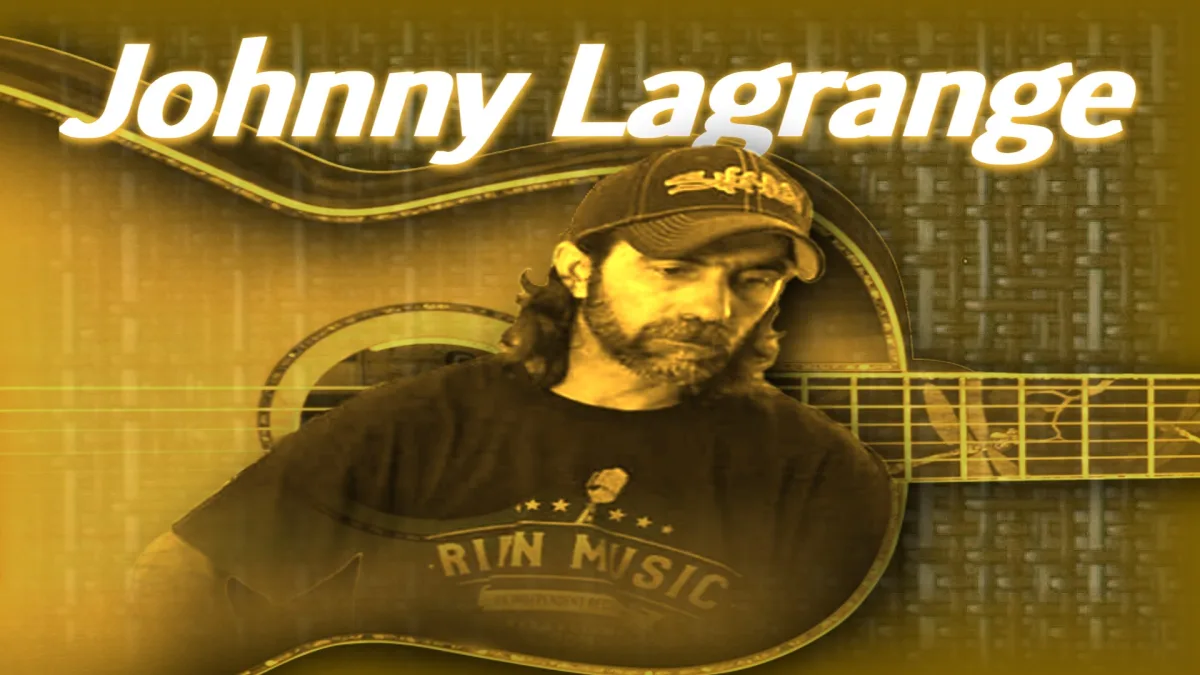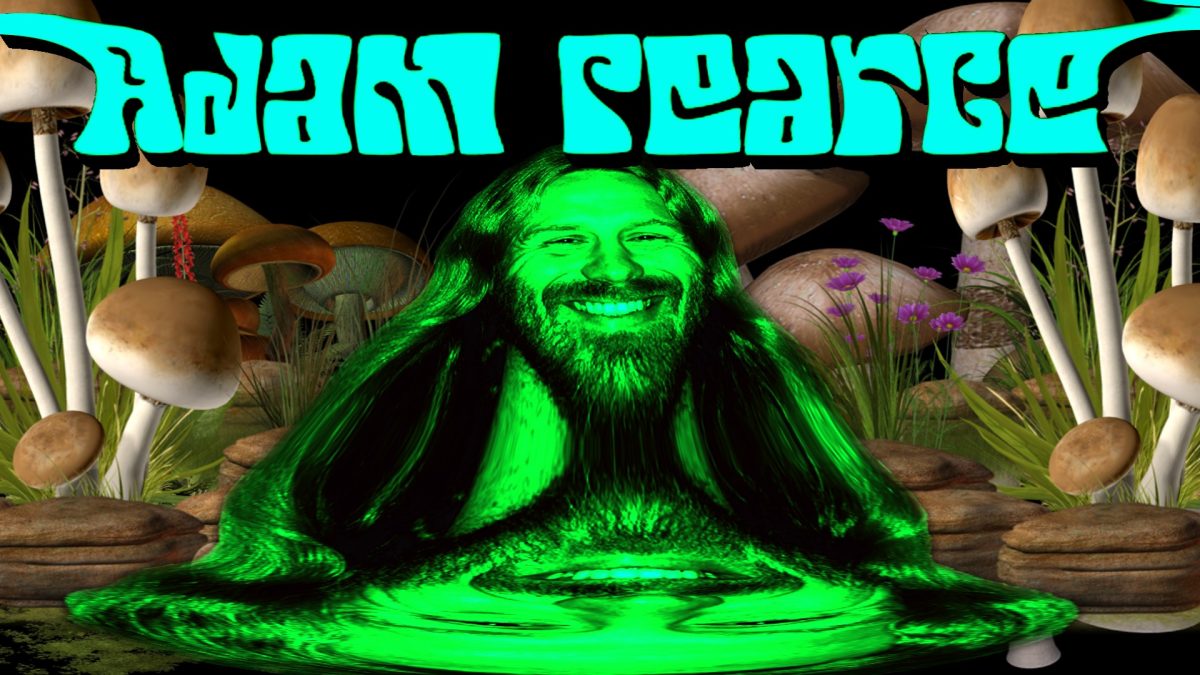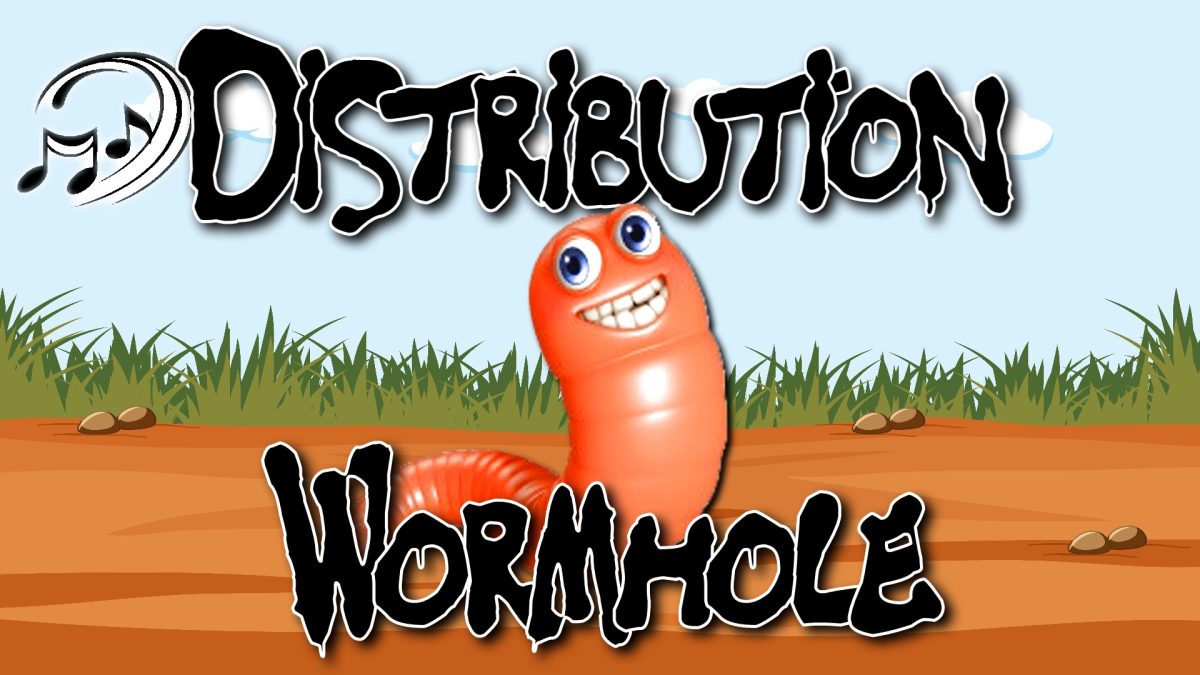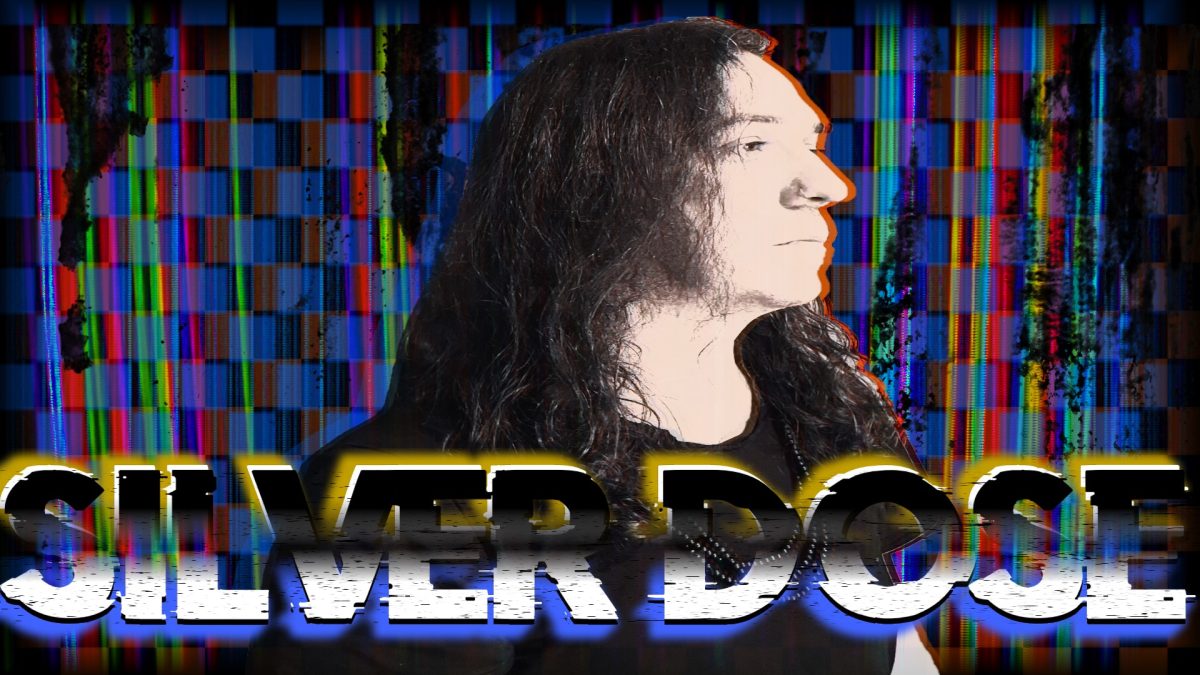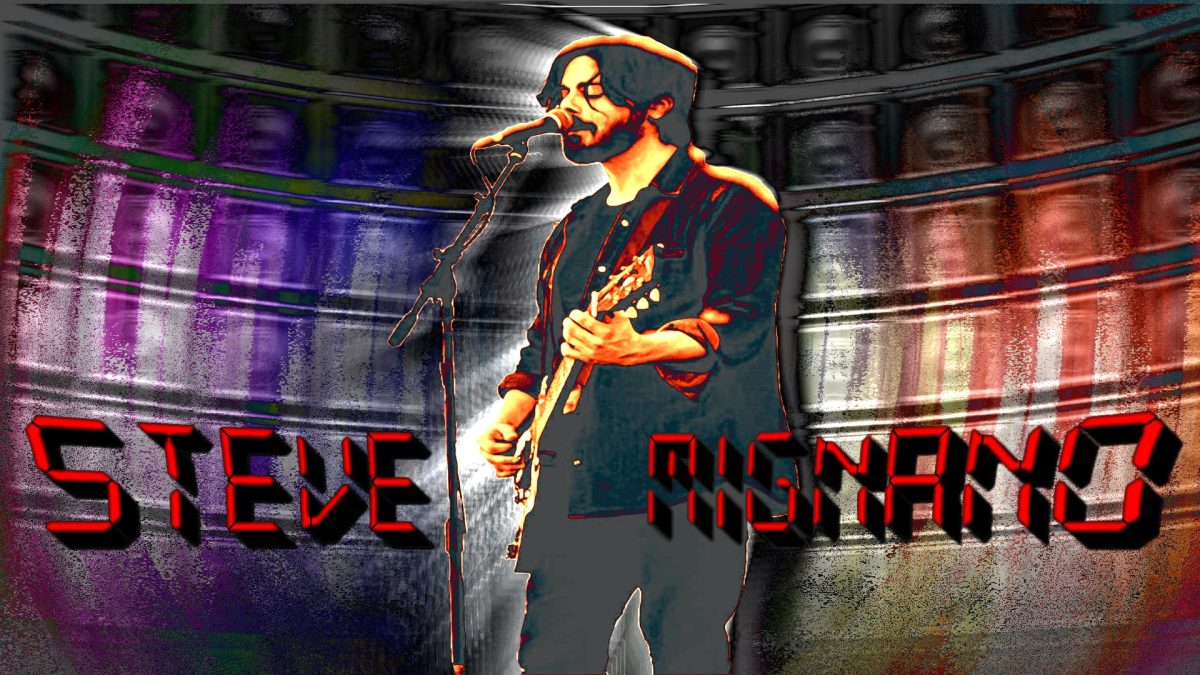If you were searching for thumbtacks and started digging through the kitchen junk drawer only to find there were no thumbtacks, the only thing you would come away remembering is that there were no thumbtacks. The drawer’s contents would typically escape most of us. What one takes away from an experience is simply the part that matters. The reason for your being there, your talent or cause, even your name… none of this can be recalled unless they walk away feeling as though something of significance occurred. Relationships are built upon this principle and are what allow us to relate to one another. Commonalities are significant. In order to form a connection with your fans, they must be able to relate to you.
For a musician, the desire for expression is typically the impetus for engagement. But the creative isn’t always comfortable or proficient in social settings. Wearing their heart on their sleeve is the price they pay for nurturing a following. The best one can hope for is a bohemian milieu and a receptive crowd. My word to the introvert would be simply, “this could go well, if you let it”.
Taste may be subjective, but musicians often live, eat, breathe, and sleep their respective genres. They hold that land sacred and can be protective or objectionable at times. Their craft is a point of pride. But remaining amiable is necessary to accessibility and like-mindedness; two essential elements of the engagement a fan seeks. In our interview, New Orleans, Louisiana lyricist Alfred banks said, “I always like to move with the culture in mind. I’ve always been the guy that is the introduction to a bunch of people that don’t normally indulge in hip hop. It’s a gift and a curse. It’s a gift because I am their intro to hip hop. And I am a pretty good variation of hip hop. I want people to hear the best that they can hear. And I am the best that they can hear. It’s a curse because people don’t know how to indulge in hip hop. Because they don’t normally encounter hip hop. So, I am in a space where people say shit like ‘I don’t really listen to rap. But if I do I listen to you.’ That is an insult. Listen to hip hop. What are you talking about?”
Being so ingrained in the culture, he took those words as a personal slight. This is a revealing look at one of the challenges musicians face. The beauty overshadowed here is this: To be the ambassador for something you love is like being the unsung hero. Because you’re sharing a piece of something you love with a person you don’t even know. Alfred, at this point in his life, is a seasoned veteran whom undoubtedly handles these situations with grace. But it pains me to know how interactions that should be received as uplifting compliments can sometimes become a discouragement.
I interviewed Chris Leblanc, a guitarist and vocalist out of Baton Rouge, Louisiana. He described the words of a friend goading him to release new music. “Why haven’t you put out another record in a while?”, the friend inquired suggestively. Chris’ immediate feelings on the matter were less than agreeable. “Go listen to my last records”, he replied. Chris later explained his perspective to me, “I’ve got to put this out because my fans are waiting on it? No! Nobody’s waiting on nothing. There’s billions of songs out there.” In his mind, he’d set the bar high up to this point and delivered. To align his releases with, what was in his eyes, a nonexistent public demand would be a compromise of integrity. He also reminded everyone in our interview, “There’s no money to be made in releasing records right now. But it still costs money to make records”.
In this instance, a friend implied with sincerity that fans were anxious to hear something new from him. But that friend couldn’t possibly know the circumstances that Chris and many other musicians face. What was once a more musician-friendly landscape governed by physical relationships and tangible products has now morphed into a digital terrain where the only thing we see, touch, or interact with is electronic devices. And to cap off this chilling stratosphere, statistics on new music releases are staggering. According to recent data, approximately 100,000 new songs are released on streaming services every day, with some reports stating the number is closer to 120,000. The majority of these come from independent artists like Chris. All musicians must reconcile with this harsh reality. But again, in that moment, the musician is supposed to suppress a dismal truth in order to remain in the good graces of a fan and friend. If any musician can find light in the “compliment”, well, that’s lagniappe.
To the musician, I might suggest disseminating pieces of yourself, enabling fans to parse out which parts of you they connect with. It serves the musician well by both retaining current fans and gaining new ones. Efficient avenues like magazines or websites are tethered to podcasts, Youtube channels and blogs. Tales From the Riff, Mixed-Alt Mag, Musicians Mentor, Local Riffs, and Paranoize Magazine are a few local examples of entities whom I have found to be approachable and genuinely interested in our local scene. There are also data aggregators like Feedspot.com that, for free or a fee, can supply you with a list of these independent media outlets cross-referenced with their respective social following and contact information. With these options, you (the musician) can curate a more personal side for the deserving. And it’s good practice in speaking with others about your day or about your life.
There’s something special about being able to connect with a musician. Before his set, I met vocalist Mike IX Williams (Eyehategod) out in the crowd at Chelsea’s in Baton Rouge. He was hanging out in the back watching some of the opening bands perform. I later went on to interview him and found him to be both passionate and genuine. He was interested to learn about Neworleansmusicians.com and thanked me for my efforts. Similarly, I interviewed metal guitarist Johnnie Lagrange who related an instance where he was approached out in the parking lot of a bar by vocalist Kyle Thomas (Exhorder). The two shared stories and spoke like old friends. These are people who have toured the world several times over, playing for thousands at a time. The gravity of such an encounter makes those five or seven minutes live on in the minds of others for an eternity. To be gracious in the moment cements musicians as “one of them”.
Speaking personally, in my lifetime I have witnessed the collapse of all major institutions whom I was raised to trust. Our politicians, our religious figures, our leaders in healthcare, and the branches of our government have all failed us. Uncertainty has festered into an all-out anxietous infection and for all of us, I’m sure, our paths have been bittersweet. But music has never, ever failed me. Fans are people searching for truth. I believe extreme music takes things a step further in that, like the music, fans exist on the fringe. They are those that will not accept comfortability with this current Instagram filtered, untrustworthy existence. This is what makes authenticity so important to the empath. Connections shore this foundation. Being able to relate to someone, and so believing in someone, is of the highest importance.
In every profession there is an initial period known as paying your dues. It is weathered with the promise of coming out on the other side to an elevated sense of existence; one where you are seen, heard, appreciated, and compensated for your talent. Countless musicians spend their entire career in a purgatory of paying, and paying, and paying, never to see the precipice of recognition or comfortability. Over time, this can wear on whatever kinship they strive to feel with music listeners. Throughout, there is no revelation. Only the music itself is divine. And digital indicators merely serve to muddy the waters surrounding the mainland. Meanwhile, a single release-focused world is forcing the hand of true storytellers to part out pieces of their soul. If I could impart a bit of perspective to both the fan and the musician it would be this. A meeting of the minds is just as rare and precious as a random compliment. It’s hard for a fan to know the right words to say. And it’s hard for a musician to recognize a compliment for what it is. But any attempt at reaching out is a show of mutual support for the expressions of one another. Above all else, our ability and freedom to do this should be held in the highest regard.
Author: David Trahan





















